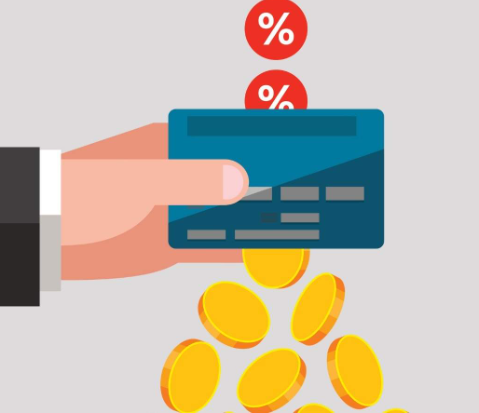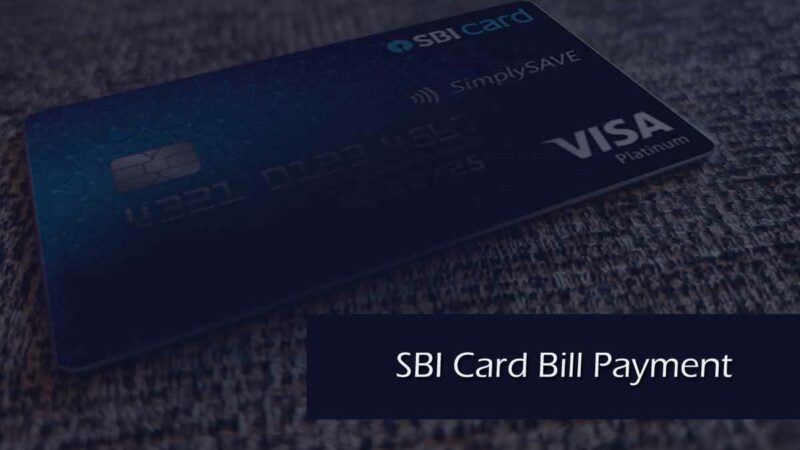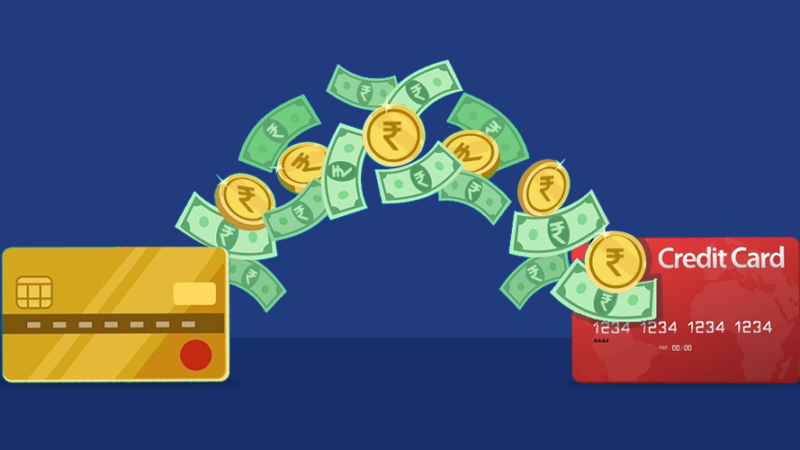To save money on credit card interest, consider the following tips: First, pay your bill on time to avoid late payment fees and interest charges. If possible, pay more than the minimum amount due each month to reduce your overall balance faster. Look for credit cards with lower interest rates or consider transferring your balance to a card with a 0% introductory APR. Avoid cash advances, as they often come with higher interest rates and fees. Lastly, regularly review your credit card statements for any errors or fraudulent charges and report them immediately.

Pay Your Bill on Time
Paying your credit card bill on time is crucial for saving money on interest charges. Late payments can result in hefty penalty fees and increased interest rates, making it harder to pay off your balance. To ensure timely payments, set up automatic payments or use payment reminders. Create a budget to manage your finances effectively and allocate enough funds to cover your credit card bill each month. By paying on time, you can avoid unnecessary fees and maintain a good credit history, which can lead to better interest rates in the future.
Pay More Than the Minimum
Paying more than the minimum amount due on your credit card is a smart strategy to save money on interest. The minimum payment typically covers only a small portion of your outstanding balance, leaving the rest subject to high-interest charges. By paying more, you can reduce the principal amount and decrease the overall interest you’ll accrue over time. Consider allocating extra funds towards your credit card payments, even if it means making sacrifices in other areas of your budget. This approach can help you pay off your debt faster and minimize the total interest paid.
Seek Lower Interest Rates
Seeking lower interest rates on your credit cards can significantly save you money on interest charges. Here are some steps to consider: Research and Compare: Explore different credit card options to find ones with lower interest rates. Look for cards with promotional offers, introductory 0% APR, or lower ongoing rates.
Negotiate with Current Issuers
Contact your credit card company and ask if they can lower your interest rate. Highlight your good payment history and creditworthiness as leverage during the negotiation. Transfer Balances: Consider balance transfer offers that allow you to move your existing high-interest debt to a new credit card with a lower or 0% APR for a specific period. Be mindful of any balance transfer fees and the duration of the promotional rate.
Improve Your Credit Score
Maintaining a good credit score by paying bills on time, keeping credit utilization low, and managing debt responsibly can qualify you for better interest rates on future credit card applications. By proactively seeking lower interest rates, you can reduce the amount of interest you pay, saving money and accelerating your progress towards debt repayment.
Consider Balance Transfers
Consider balance transfers as a strategy to save money on credit card interest. Here’s how to make the most of balance transfers:
Research Balance Transfer Offers: Look for credit cards with attractive balance transfer promotions, such as a 0% introductory APR for a specified period. Compare offers, taking note of any transfer fees and the duration of the promotional rate.
Calculate Savings
Determine the amount of interest you would save by transferring your existing high-interest credit card balance to a card with a lower or 0% APR. Consider the transfer fees and ensure the savings outweigh the costs.
Apply for a New Card: Apply for the credit card that offers the best terms for your situation. Be aware of eligibility requirements and the impact on your credit score during the application process.
Transfer the Balance: Once approved, initiate the balance transfer process. Follow the instructions provided by the new credit card issuer to transfer your existing balance. Ensure you understand any time restrictions for the promotional rate to take effect.
Repay the Balance: Use the interest-free or lower-interest period to aggressively pay down the transferred balance. Make regular payments and avoid new purchases that could accumulate additional debt.
Beware of Pitfalls: Be cautious of using the new credit card for new purchases, as those may incur higher interest rates. Also, aim to repay the entire balance before the promotional period ends to avoid higher interest charges.
By strategically utilizing balance transfers, you can consolidate high-interest debt, save on interest expenses, and expedite your journey towards becoming debt-free.
Avoid Cash Advances
Avoiding cash advances is a wise move to save money on credit card interest. Here’s why:
High Interest Rates: Cash advances typically come with significantly higher interest rates compared to regular credit card purchases. Interest on cash advances often starts accruing immediately, without any grace period.
Transaction Fees: Credit card issuers often charge a fee for cash advances, usually a percentage of the amount withdrawn. This adds to the cost of accessing cash through your credit card.
No Grace Period: Unlike regular credit card purchases where you have a grace period to pay off the balance without incurring interest, cash advances start accruing interest right away. This means you’ll be paying interest from the moment you withdraw the cash.
Prioritized Repayment: When you make payments towards your credit card balance, issuers typically apply them first to the balances with the lowest interest rates. This means your payments will primarily go towards reducing your lower-interest purchases, while the high-interest cash advance balance continues to accumulate interest.
Instead of relying on cash advances, consider using alternative payment methods like a debit card or cash from your bank account for immediate cash needs. This way, you can avoid the higher interest rates and fees associated with cash advances, ultimately saving money on interest charges.
Monitor and Report Errors/Fraudulent Charges
Monitoring your credit card statements and promptly reporting any errors or fraudulent charges is crucial for saving money on credit card interest. Here’s why:
Detecting Unauthorized Charges: Regularly reviewing your credit card statements allows you to identify any unauthorized or fraudulent charges. The sooner you spot and report such charges, the quicker your credit card issuer can investigate and resolve the issue, preventing further financial loss.
Avoiding Interest on Fraudulent Charges: If fraudulent charges go unnoticed and you delay reporting them, you may be held responsible for paying those charges, including any associated interest. By reporting them promptly, you can protect yourself from unnecessary financial liability and interest charges.
Resolving Billing Errors: Credit card statements may occasionally contain errors, such as incorrect amounts or duplicate charges. By monitoring your statements, you can identify these errors and report them to your credit card issuer for correction. Resolving billing errors promptly prevents you from paying more than you owe and incurring unnecessary interest charges.
Maintaining Good Credit History: Reporting errors and fraudulent charges promptly helps protect your credit history. Unresolved disputes and outstanding fraudulent charges can negatively impact your credit score and make it harder to secure favorable interest rates on future credit accounts.
By diligently monitoring your credit card statements, promptly reporting any errors or fraudulent activity, and working with your credit card issuer to resolve these issues, you can safeguard your finances, minimize potential interest charges, and maintain a healthy credit profile.






